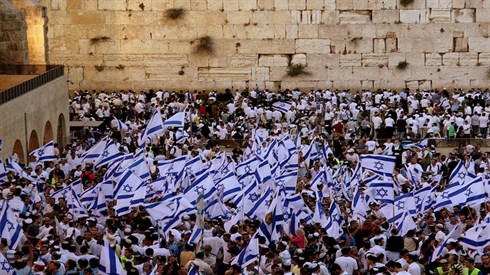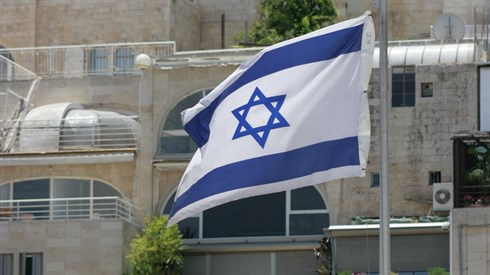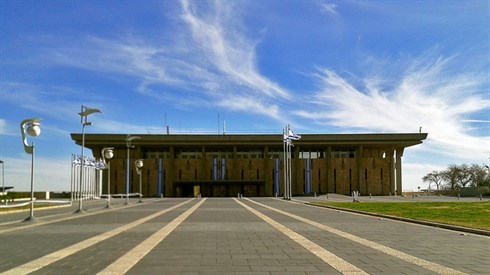- Halacha
- General Questions
72
Question
Hello Rabbi,
Are women permitted to say the livelihood prayer apart of the Shemoneh Esrei?
“It is You, H-shem the G-d Who nourishes, sustains, and supports, from the horns of re eimim to the eggs of lice. Provide me with my allotment of bread; and bring forth for me and all members of my household my food before I have need for it; in contentment but not in pain, in a permissible but not a forbidden manner, in honor but not in disgrace, for life and for peace; from the flow of blessing and success and from the flow of the Heavenly spring, so that I be enabled to do Your Will and engage in Your Torah and fulfill Your commandments. Make me not needful of people’s largesse; and may there be fulfilled in me the verse that states, “You open Your hand and satisfy the desire of every living thing,” and that states, “Cast your burden upon H-shem and He will support your.”
Additionally, are there any prayers that shouldn’t be said by women?
Best,
Sophia
Answer
ב"ה
Shalom,
First of all, it should be noted , that the prayer for livelihood which you quoted is not part of the original Shmoneh Esrei prayer, but a later addition which is to be optionally said by those who want to insert their personal prayers to the Shmoneh Esrei which is said for the Jewish people as a whole.
[There is much deliberation about the insertion of private prayers as part of the Shmoneh Esrei, but that is not our discussion now. (See vol. I, pg.300-301 צלותא דאברהם ) ]
This prayer does not appear in all prayer books. There is no particular reason for women to be excluded from saying this if the burden of livelihood is on their shoulders. For someone upon whom there is no burden of the livelihood, there is no reason to add this prayer whether man or woman.
In regard to be prayers not to be said by women, the siddur makes it clear in the morning Brachot. Of course, a woman should NOT say "…who has not made me a woman" but say "שעשני כרצונו" "who has made me according to his will." There are also Siddurim which point out the masculine and feminine form in Hebrew, when saying "who has not made me a gentile" and "who has not made me a slave".
For most of the prayers, the question is not so much if women are allowed to say them but if they are required to say them as men are.
It is difficult in this forum to give a comprehensive answer for all instances, therefore I suggest that you ask again if you are in doubt about a particular prayer.
All the best

Cruise ship prayer
Rabbi Yoel Lieberman | Sivan 5, 5784

Baruch hu u’varuch Shemo
Rabbi Yoel Lieberman | Tammuz 19, 5774

late to mincha
Rabbi Yoel Lieberman | Shevat 14, 5773

Unity vs. Similarity; Maintaining Minhagim
Rabbi Moshe Kaplan | 14 Kislev 5764

Why Celebrate Yom Haatzmaut
Rabbi Ari Shvat | Iyyar 5, 5771

Omer Days I can shave/cut hair
Rabbi David Sperling | Iyyar 2, 5774

Stitches a chatzizah for the mikvah?
Rabbi David Sperling | Cheshvan 1, 5780

Orthodox Jewish view on hell
Rabbi Ari Shvat | Nisan 13, 5774

Bedikat chametz
Rabbi David Sperling | Nisan 11, 5785

Havara- Sefaradic or Ashkenazic Pronunciation
Rabbi Ari Shvat | Nisan 17, 5785

Follow up to "outdated Mitzvot", Sanhedrin, morality etc.
Rabbi Ari Shvat | Nisan 18, 5785





